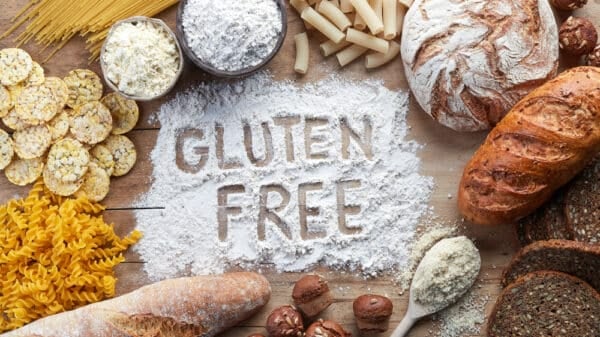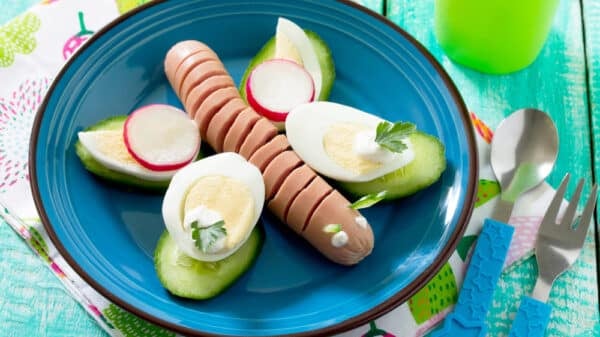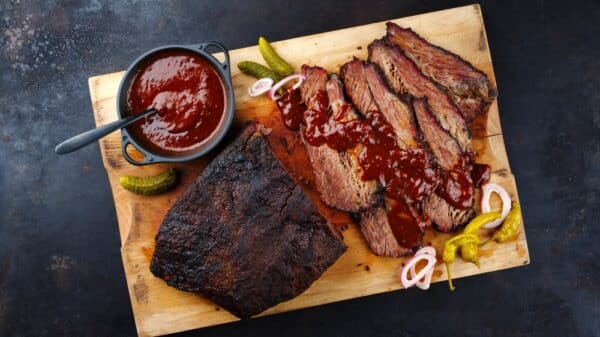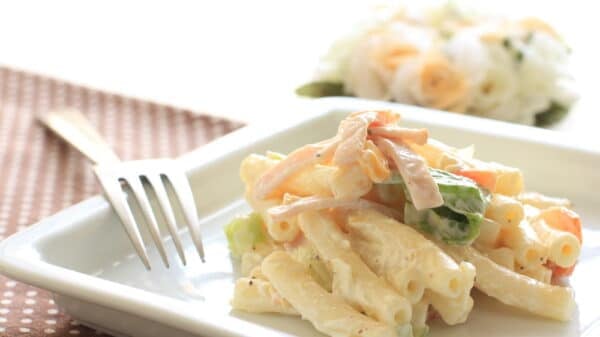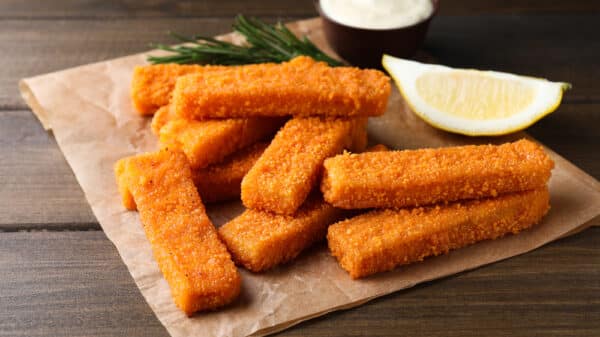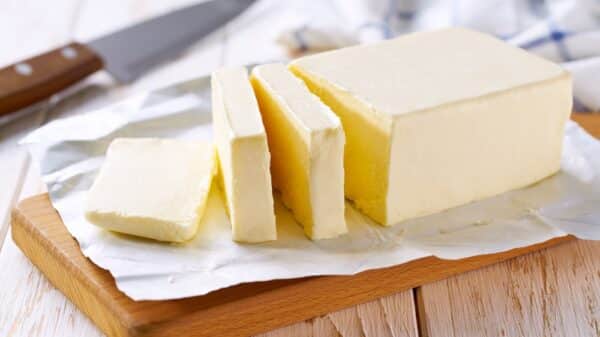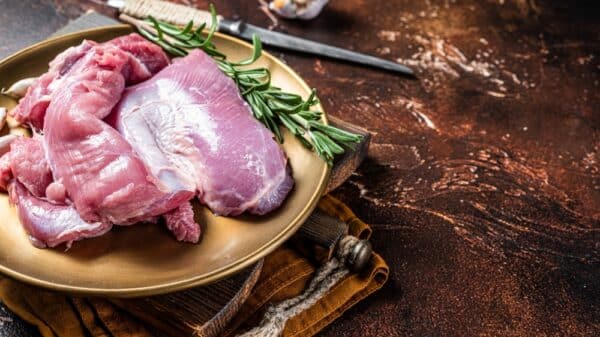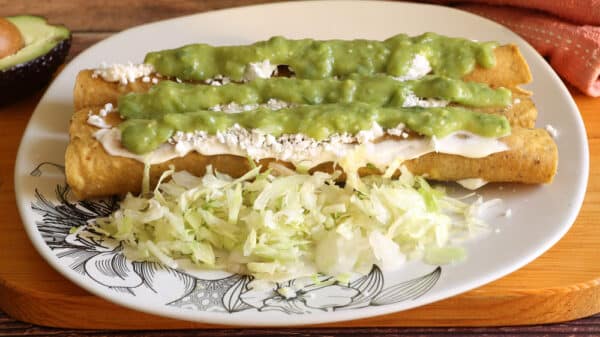Chia seeds have taken the health world by storm in recent years, capturing the attention of nutrition enthusiasts everywhere. These tiny, nutrient-dense seeds are much more than just a trendy health food; they are packed with an impressive array of health benefits that can support your overall well-being. Just think about this: a mere 2 tablespoons of chia seeds can deliver an astounding 5 grams of protein, 10 grams of fiber, and 5 grams of omega-3 fatty acids, which are fantastic for reducing inflammation and promoting heart health. Jamie Baham, M.S., RDN, LD, a registered dietitian who specializes in cancer prevention, emphasizes how these small seeds can make a big impact on your health.
When it comes to heart health and gut wellness, chia seeds are truly remarkable. We spoke with several registered dietitians and scrutinized the latest research to better understand the multitude of benefits that chia seeds offer, their nutritional profile, and any potential health risks. Plus, we’ll share some effortless ways to add these power-packed seeds into your everyday meals.
Let’s dive into the amazing health benefits of chia seeds.
One of the standout features of chia seeds is their rich antioxidant content. As Patricia Kolesa, M.S., RDN, puts it, “Chia seeds are a fantastic source of antioxidants.” These antioxidants help safeguard our cells from damage caused by free radicals, which are unstable molecules that can lead to various diseases. Studies suggest that the antioxidants found in chia seeds can play a crucial role in protecting your heart and liver, while also reducing the risk of certain types of cancer. Additionally, they support healthy aging, a benefit we can all appreciate as we navigate our daily routines.
Now, whether you’re a meat-eater or a plant-based eater, the inclusion of chia seeds in your diet is a no-brainer. Each one-ounce serving provides a solid 5 grams of plant-based protein, making them a versatile and nutrient-dense addition to your meals. Imagine stirring a couple of spoonfuls of chia seeds into your morning smoothie or sprinkling them over yogurt; it’s an easy and tasty way to boost your protein intake while complementing other protein-rich foods like nuts, nut butter, or even in your favorite grain bowls.
The benefits of plant-based proteins extend beyond just muscle maintenance; they have been linked to lowered risks of heart disease, diabetes, and certain cancers. So, whether you’re a seasoned vegetarian or just looking to add more plant-based options to your meals, chia seeds are a fantastic choice for enhancing your health.
Let’s talk about another wonderful benefit: gut health. Chia seeds are a powerhouse of nutrients that can do wonders for your digestive system. They are loaded with fiber, prebiotics, antioxidants, and omega-3s, all of which encourage the growth of healthy gut bacteria while fighting off harmful bacteria. This means that not only can chia seeds help keep constipation at bay, but they may also assist in preventing colorectal cancer.
What’s more, chia seeds can help improve heart health. They are a rich source of omega-3 fatty acids, particularly alpha-linolenic acid (ALA), which our bodies cannot produce on their own. Therefore, we need to obtain ALA from our diet. Studies have shown that an increase in ALA intake is associated with a reduced risk of heart disease. For example, a 2022 study found that adding just one extra gram of ALA to your daily diet could correlate with a 5% lower risk of dying from cardiovascular disease. Additionally, the fiber in chia seeds plays a vital role in lowering cholesterol levels; research indicates that people who incorporate chia seeds into their diets can see noteworthy decreases in blood pressure and cholesterol.
Now, let’s not forget about inflammation. Chronic inflammation has been linked to a host of health issues, from diabetes to cardiovascular diseases, so finding ways to manage it can be incredibly beneficial. Chia seeds come through once again with their rich content of omega-3 fatty acids and antioxidants, both of which help fight inflammation. By incorporating chia seeds into your diet, you’re not just addressing immediate health concerns; you’re also promoting a healthy gut microbiome, which is key to reducing chronic inflammation over time.
If you’re following a vegan or vegetarian diet, nutrition might be a priority for you. Animal products are often heralded as the best sources of essential nutrients like iron, calcium, protein, and omega-3s. However, the good news is that chia seeds can actually supply you with these vital nutrients, providing a fantastic alternative. If you’re looking to enhance your diet while avoiding nutrient deficiencies, make chia seeds a staple in your pantry.
In terms of nutrition, just a single ounce of chia seeds (roughly 2 tablespoons) boasts a wealth of benefits. Here’s what you can expect to gain from this superfood powerhouse:
Chia seeds are more than just a passing trend; they’re a nutritional boon that everyone—from busy professionals to health-conscious families—can incorporate into their meals with ease. So whether you blend them into smoothies, sprinkle them on salads, or whip up a classic chia pudding, know that you’re making a choice that supports your health and wellness journey. It’s all about finding those small, sustainable changes that can make a big difference in how you feel day-to-day.Chia seeds are often hailed as a nutritional powerhouse, and for good reason! These tiny seeds pack a significant punch when it comes to health benefits, offering a great source of essential nutrients. Just think about it: in a single ounce (about two tablespoons) of chia seeds, you’re looking at 138 calories, 12 grams of carbohydrates, and a whopping 10 grams of dietary fiber. Plus, you get 5 grams of protein and a healthy dose of fats—only 1 gram of which is saturated fat. With zero cholesterol and a mere 5 mg of sodium, they’re a heart-friendly addition to virtually any diet.
What’s particularly exciting is that chia seeds are rich in nutrients that can be hard to come by, especially for those of us who follow vegetarian or vegan diets. Calcium, iron, and omega-3 fatty acids can be challenging to fit into daily meals, but chia seeds make it a whole lot easier. They’re like a nutritional Swiss Army knife, ready to boost your meals with essential vitamins and minerals.
However, as with anything, it’s important to approach chia seeds with some caution. While they’re generally safe and highly beneficial, they can interact with certain medications, particularly anticoagulants and those for managing diabetes or high blood pressure. So if you’re on any medications, it’s a good idea to chat with your healthcare provider before diving into a chia-filled lifestyle. Trust me, this small step can save you from potential side effects down the line.
Moreover, while these seeds are a fantastic source of fiber, it’s best to ease into their consumption. If your current fiber intake is low and then you suddenly start adding chia seeds to every meal, you might find yourself feeling a bit uncomfortable or even constipated. Gradually introducing them to your diet allows your digestive system to adapt without any distress. And don’t forget—this goes hand-in-hand with drinking plenty of water. Fiber needs hydration to do its job, so pairing chia with ample fluids is very important to ensure a healthy digestion.
If you have a gastrointestinal issue like irritable bowel syndrome (IBS) or inflammatory bowel disease (IBD), chia seeds might cause irritation due to their high fiber content. It’s always wise to consult with a registered dietitian who can tailor advice to your specific needs.
Now, if you’re as excited about incorporating chia seeds into your diet as I am, you’ll be happy to know that the possibilities are almost endless! You can sprinkle them in, blend them up, or soak them down—chia seeds are incredibly versatile. Here’s a small list of delicious ways to enjoy them:
- Chia Pudding: Mix chia seeds with your favorite milk (dairy or plant-based) and let them soak for a few hours. It transforms into a creamy, satisfying pudding that’s perfect for breakfast or an afternoon snack.
- Vegan Egg Substitute: If eggs aren’t your thing, chia seeds can come to the rescue! Just mix one tablespoon of chia seeds with three tablespoons of water and let it sit for 5-15 minutes—voila, you have a gelatinous mixture that works well in baked goods. It’s a nifty trick for those of us dealing with egg allergies!
- Smoothie Boost: Adding chia seeds to your morning smoothie can amp up the nutritional benefits. They blend in seamlessly and provide extra fiber and protein to start your day off right.
- Salad Topper: Because of their neutral flavor, chia seeds are a fantastic topping for salads. Sprinkle them on with a drizzle of olive oil and a bit of lemon for a refreshing crunch.
- Oatmeal Enhancer: Mix chia seeds into your oatmeal or yogurt to give them an extra nutrient boost. You can even add them to overnight oats for a convenient, healthy breakfast option.
With these suggestions, you won’t just be adding an ingredient to your pantry; you’ll be embracing a nutritional ally that can elevate your meals.
To wrap it all up, there’s no denying that chia seeds are nutritional powerhouses loaded with fiber, plant-based protein, omega-3s, and antioxidants. They not only support gut and heart health but also help in reducing inflammation. Adding chia seeds to your diet could be one of the best decisions you make for your health. So whether you choose to toss them in a smoothie, flavor a salad, or create a delicious chia pudding, enjoy the journey of discovering how these little seeds can make a big difference in your life!
And if you have some burning questions about chia seeds, you’re not alone! Many people wonder how much they should be eating daily, how they benefit the body, or whether they can help with belly fat. While there’s no exact guideline for how many chia seeds to consume each day, aiming for the recommended one-ounce serving is a great start. You’ll absorb plenty of fiber, vitamins, minerals, and omega-3s without overwhelming your system.
Just remember, while chia seeds are beneficial, they alone won’t cause belly fat reduction. However, their rich fiber and protein content can keep you feeling satisfied longer, helping you manage your overall diet better. Comparing chia seeds to fish oil, both are fantastic sources of omega-3 fatty acids, but for those following a plant-based lifestyle, chia seeds are an excellent alternative—providing essential nutrients that support your health without any animal products.
So go ahead, sprinkle, soak, and savor! Your body will thank you!
Image Source: PeopleImages.com – Yuri A / Shutterstock

